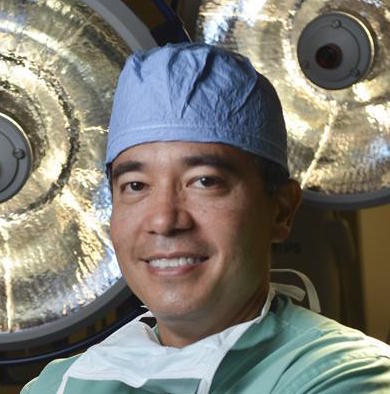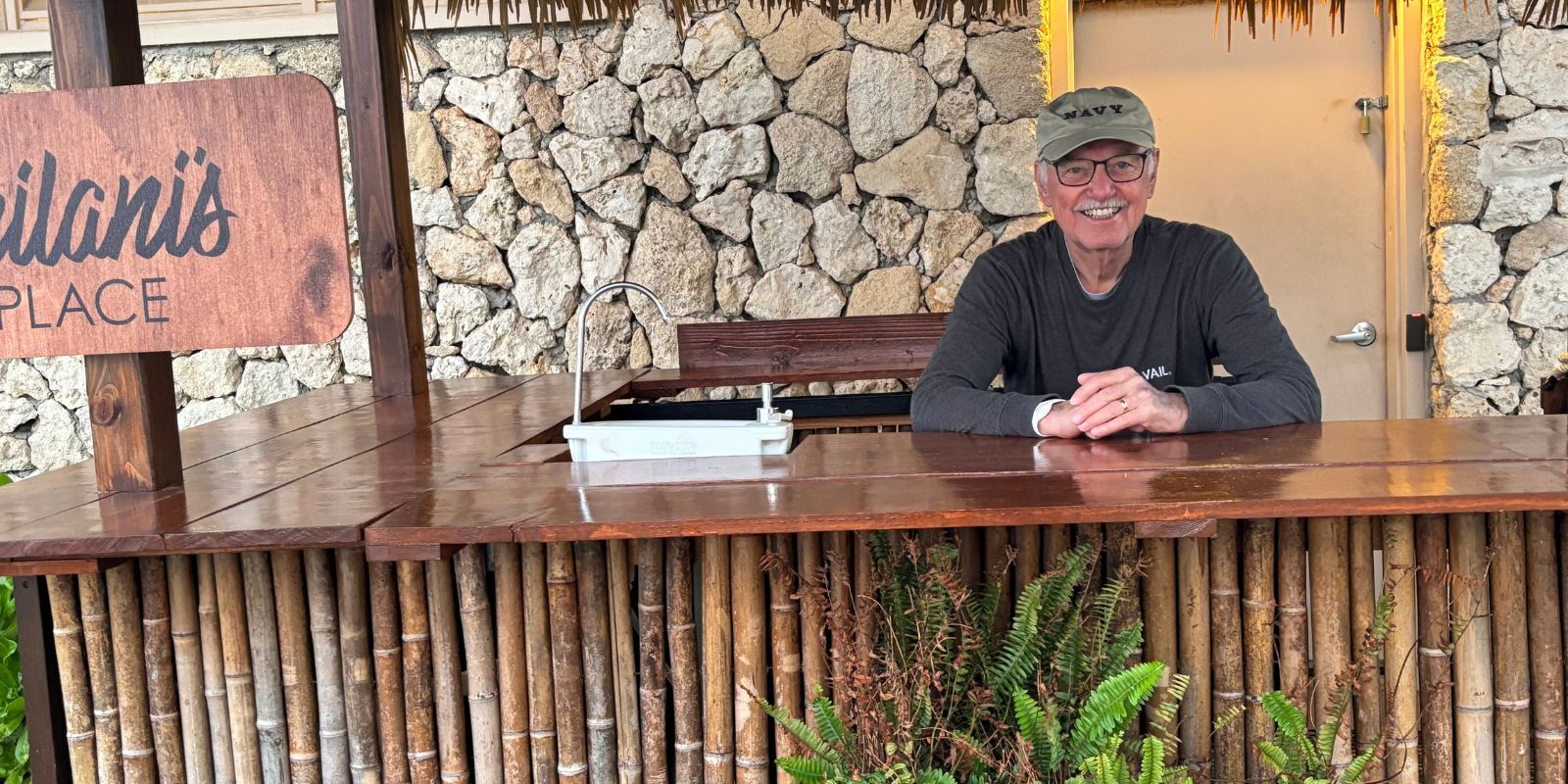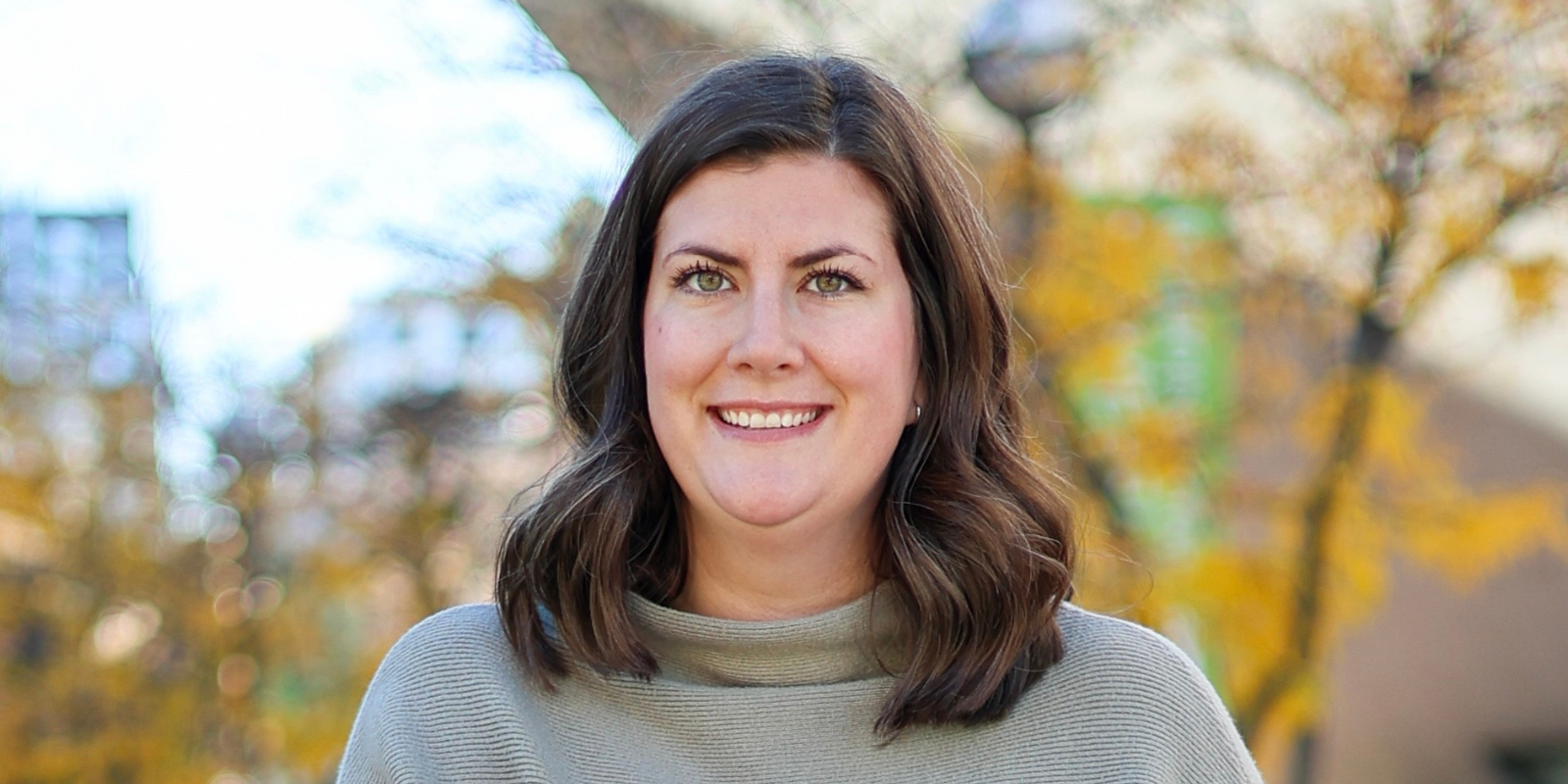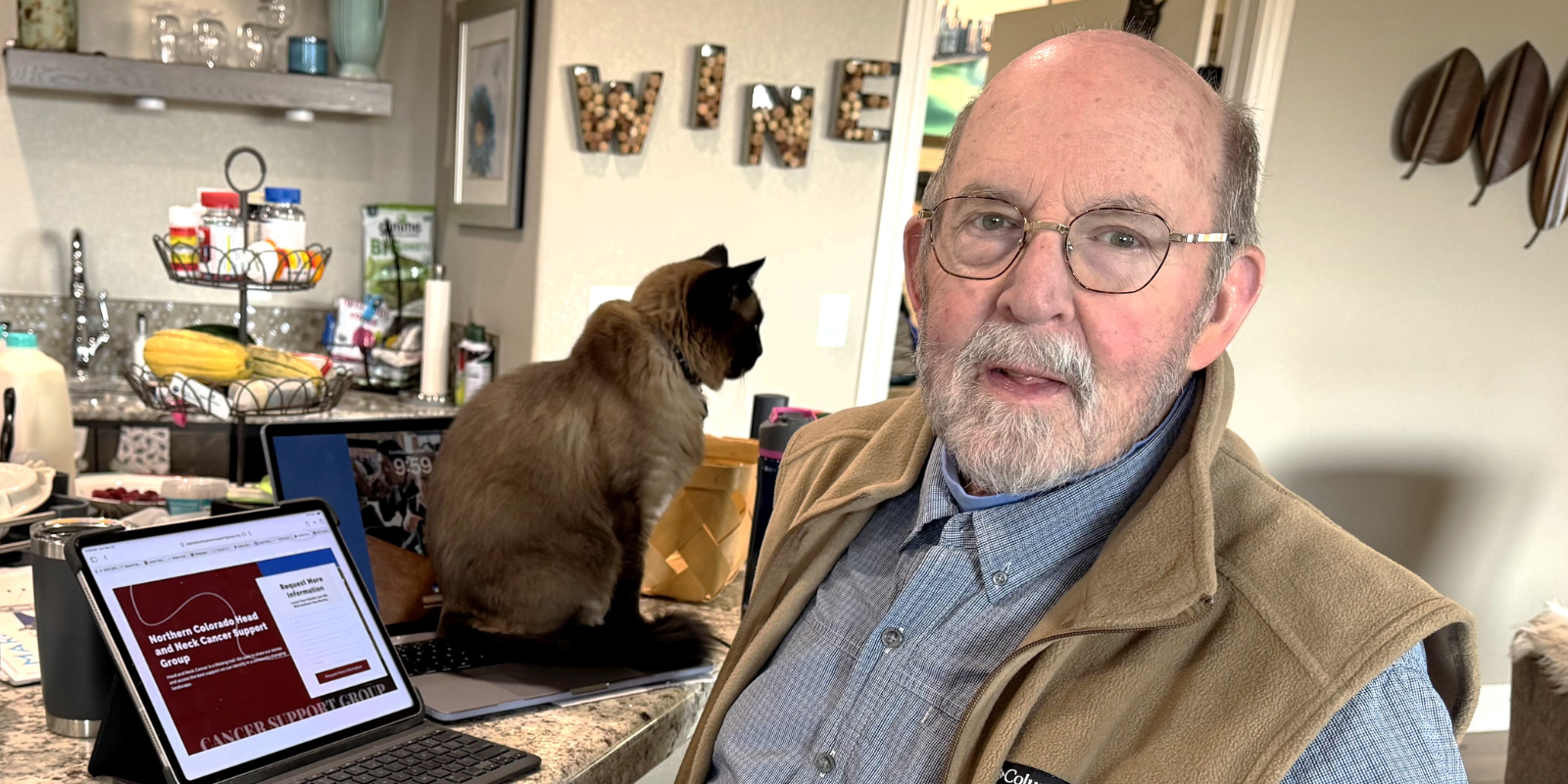Richard Schulick, MD, MBA, director of the University of Colorado Cancer Center, becomes close with all of his patients, but he has a special bond with Gerry Turner, one of Schulick’s surgical patients for pancreatic cancer.
As a child, Schulick lived for a time on an Air Force base in northern Thailand, near the area where Turner later flew fighter jets from a U.S. Navy aircraft carrier during his military career. They talk about the region often. And both men are self-professed car nuts, though Schulick — a Porsche enthusiast — has yet to buy one of Turner’s favorite cars: a Chevrolet Corvette.
“He works on me every clinic appointment about what I’m doing to get a Corvette, where I am in the process of getting a Corvette — he will even send me emails, ‘Hey, there’s this nice Corvette for sale, thought you’d be interested,’” Schulick says with a laugh.
But what bonds the two men the most has nothing to do with cars or jets — it’s Turner’s journey through pancreatic cancer. The Colorado Springs resident was diagnosed with the disease in November 2017, after feeling ill while traveling. When he returned home, he went to see his primary care physician at UCHealth in Colorado Springs, who could see immediately that something was wrong.
“I’m in the exam room, and she’s looking at me, and she says, ‘Why don’t you come out in the hall?’” Turner says. “So I go out in the hall, and she gets her assistant over there, and they talk a little bit, and she says, ‘You’re jaundiced.’ I said, ‘Well, why are we out here in the hall?’ And she said, ‘Because the paint in my office wasn’t giving me the contrast I needed. We’re out in the hall to get a second opinion.’”
Experts on the case
Knowing that jaundice can be a symptom of pancreatic cancer, along with loss of appetite and weight loss, Turner’s doctor sent him for imaging tests, where it was discovered that something was blocking his bile duct. Further scans showed a tumor on the head of his pancreas, and Turner was sent to UCHealth University of Colorado Hospital, one of the main clinical sites of the CU Cancer Center, for surgery and treatment.
Staying at UCHealth for care was an easy decision for Turner, as the CU Cancer Center has been named a National Pancreas Foundation Academic Center of Excellence for pancreatic cancer. It is the only such center in the Rocky Mountain region.
“It was an early discovery, fast diagnosis, and good doctoring,” Turner says. “The cancer team really took action.”
That action began with a visit to the CU Cancer Center’s multidisciplinary clinic for pancreatic cancer, where Turner’s chart was reviewed by doctors from all of the major specialties that treat pancreatic cancer in order to determine the best course of action. Twenty to 30 of these expert physicians typically meet together in person to discuss each patient and then then come together to meet with the patients and families. Turner says the multidisciplinary review process gave him a lot of confidence in his diagnosis and treatment.
“He got his care through gastroenterology experts, medical oncology experts, and surgeons — the fact that we had some of the world’s best doctors all in one clinic, ready to help him, I think was very helpful for him,” says Schulick, who performed a seven-hour surgery on Turner in January 2018. Turner, who was 74 at the time of his surgery, will continue to see Schulick every six months to monitor his progress and to keep track of the remaining portion of his pancreas.
A risk worth taking
In an appointment prior to the surgery, Schulick gave Turner a choice: Remove the entire pancreas, which greatly reduces the risk of forming another cancer but definitely results in diabetes, or take out just half of the pancreas, which increases the risk that Turner could develop another new cancer but results in a better overall quality of life.
“It’s a tradeoff,” Schulick says. “You can remove the risk of any cancer by removing that organ, but it has a tradeoff in terms of quality of life. His quality of life now is excellent. You always have to weigh the pros and cons of everything we do, and I always involve the patient in the decision-making process. I have to say, he’s really enjoying his quality of life.”
For Turner, the choice was easy.
“He said, ‘Are you risk-averse or not?’ It makes you think about your mortality,” he says. “I told him I’ve dodged about three bullets in my life, and when it’s my time, it’s my time. I was a police officer; I landed fighter jets on aircraft carriers at night; and I drive on public streets and highways. You can’t worry about if you’re going to die or be scared. You have to have confidence in your training and your ability.”
A lasting bond
Turner knew the same was true for Schulick and other doctors at the CU Cancer Center, which is why he trusted Schulick with the option that allowed him to live more fully. It’s a decision he doesn’t regret.
“After surgery, we did a six-month review,” Turner explains. “Dr. Schulick told me, ‘I had 30 doctors in there this morning, looking all of the CT images of you, and it was unanimous that we should stay the course,’” Turner explains. “That’s really important. If you’re a doctor, there’s a lot of responsibility in diagnosing anything, particularly cancer. When Dr. Schulick told me that, it gave me a lot of confidence. I told him, ‘You have seen more of me than I’ve seen of myself, and you saved my life.’ There’s the lasting bond there, and it’s a two-way street. It shows his compassion. It’s more than a job for him. It’s a life.”




